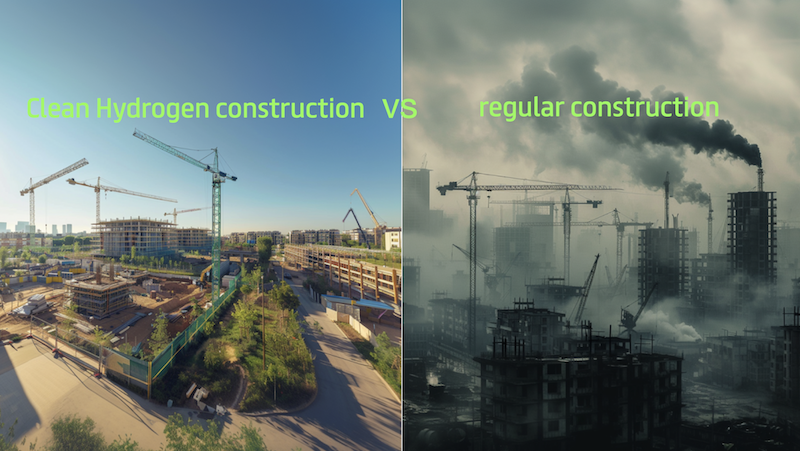New data released by Copernicus, the EU climate monitoring centre, confirms that 2020 has tied with 2016 as the hottest year ever recorded globally, but for Europe alone the year was the hottest.
The effects of climate change were felt all over the world, including savage wildfires in January in Australia, and all along the US West Coast in September.
Perhaps most notable of all was the temperature rise in the Arctic which, worryingly, was felt across the year, rather than being attributable to one particular season or month. In June in a particular part of northern Russia, within the arctic circle, a record temperature of 38C was recorded. Other data shows that parts of Siberia and the Arctic experienced temperatures as much as 6C warmer than the historical average.
The global average temperature in 2020 was 1.25C hotter than the famous pre-industrial period of 1850-1900. Copernicus confirmed that the primary cause of the temperature rise is higher levels of carbon dioxide in the atmosphere.
Climate change does now seem to have taken its rightful place at the top of the agenda for most heavy emitting countries, as the world experiences severe hurricanes, wildfires and flooding. However, despite the monitored drop in carbon in the atmosphere as a result of Covid-caused economic inactivity, the Global Carbon Project still monitored 34bn tonnes of the gas being emitted by coal-burning fuels, showing that the amount of carbon in the atmosphere is still rising.
South Korea, Japan, Australia and China, have all recently set new emissions targets, and with carbon dioxide remaining the atmosphere for decades once emitted there has never been a more urgent need for action against climate change.
For Europe alone 2019 had been the previous hottest year recorded, but 2020 took the lead with a convincing overall rise of 0.4C across the year. This was surprising to climate experts who had previously anticipated a cooler year due to La Nina weather patterns.
As the eyes of the world turn to Glasgow in November 2021 where the COP 26 UN Climate Conference will be held, the need for extensive global commitments to non-carbon-burning fuels is greater than ever.
Hydrogen is widely recognised as a alternative fuel solution because it can be deployed in a similar way to fossil fuels and behaves in a similar way (e.g filling up a Hydrogen double-decker bus takes the same time as filling a diesel bus; and the distance a tank of Hydrogen covers is the same as the distance covered by diesel). However, greater stimulus at governmental level is urgently needed to support the infrastructure needed to underpin mass-adoption of Hydrogen. And for those countries that don’t already have one this must start with a hydrogen strategy.
For more on Ryze Hydrogen click here…
By Tim Daukes






